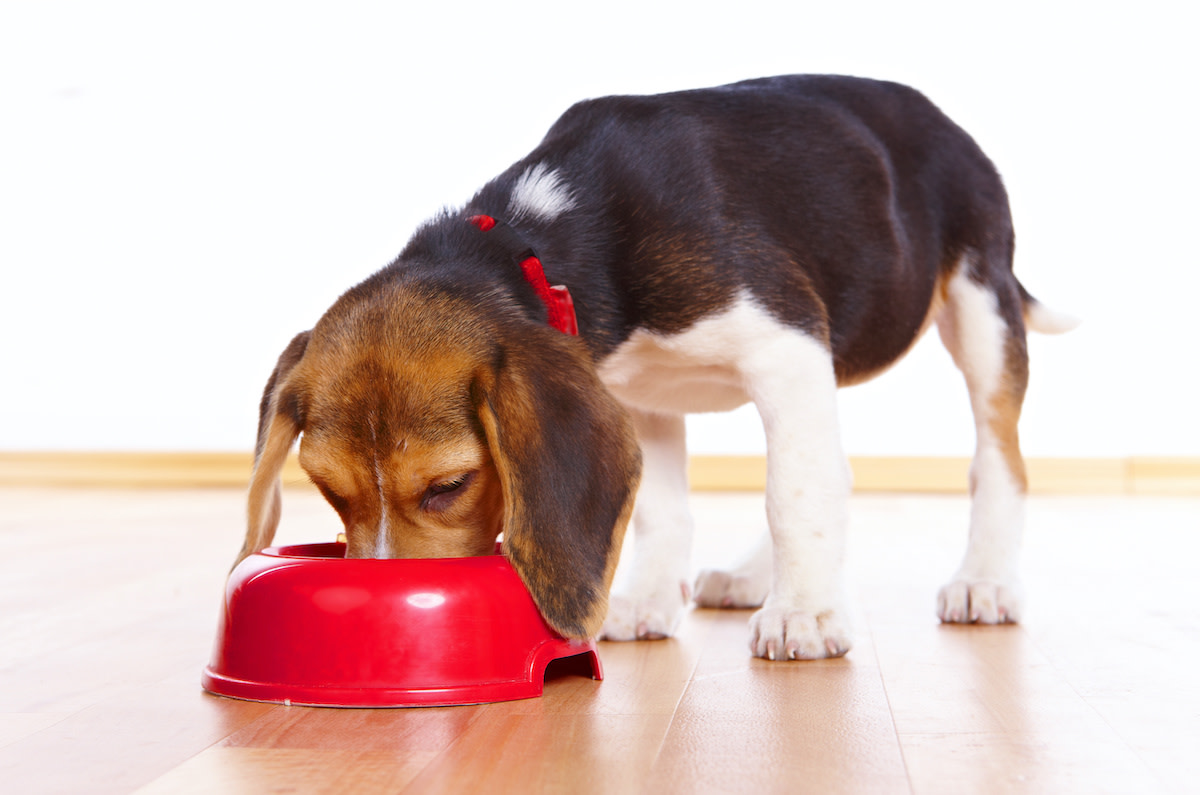Can Dogs Have Mustard? What to Do if Your Dog Eats Mustard
Written by MasterClass
Last updated: Mar 22, 2022 • 2 min read
Dogs cannot eat mustard. Learn more about the risks of feeding dogs this popular condiment.
Learn From the Best
Can Dogs Have Mustard?
No, dogs should not eat mustard. The seeds of the mustard plant used to make the condiment are toxic to dogs and can cause issues for your pet’s digestive system and intestinal tract. A small quantity of mustard leads to vomiting, while a large amount can result in long-term health problems and issues like gastroenteritis. You should avoid feeding your dog all types of mustard, including Dijon mustard, honey mustard, yellow mustard, or mustard sauces made with mustard powder.
Though mustard seeds are toxic, mustard greens are safe for dogs to eat and can have many health benefits as they contain antioxidants and nutrients such as fiber, vitamin A, phosphorus, and potassium.
Why Is Mustard Bad for Dogs? 3 Health Risks
Mustard can produce adverse side effects and digestive problems for your furry friend. A few of the risks of adding mustard to your homemade dog food include:
- 1. Added ingredients: Some of the seasonings and ingredients in mustard are toxic compounds for dogs, such as garlic powder, or can cause digestive issues for dogs, like turmeric, horseradish, and paprika.
- 2. High sugar and salt content: The added sugars and salts in mustard can lead to health issues for large and small dogs.
- 3. Mustard seed toxicity: Mustard seeds contain the toxic compounds isothiocyanate and glucosinolates and can cause an upset stomach, vomiting, and diarrhea.
What to Do if Your Dog Accidentally Eats Mustard
If your dog ate mustard, monitor them for the next few hours and take them to the vet if they show symptoms of illness or an allergic reaction such as vomiting, skin irritation, or abdominal pain. If your dog licks or eats a small amount of mustard—like a bit of mustard on a hot dog—the risk is minimal, depending on the size of your dog, but large amounts of mustard are dangerous for your pet.
Before Sharing With Your Pooch
Certain human foods can cause adverse reactions in canines, so always consult your veterinarian to determine whether it is safe to add these foods to your pet’s diet. This article is for educational and informational purposes and is not a substitute for medical or dietary advice.
Want to Learn More About Training the Goodest Boy or Girl?
Your dream of having a dog who understands words like “sit,” “stay,” “down,” and—crucially— “no” is just a MasterClass Annual Membership away. The only things you’ll need to train up a well-behaved pup are your laptop, a big bag of treats, and our exclusive instructional videos from superstar animal trainer Brandon McMillan.
